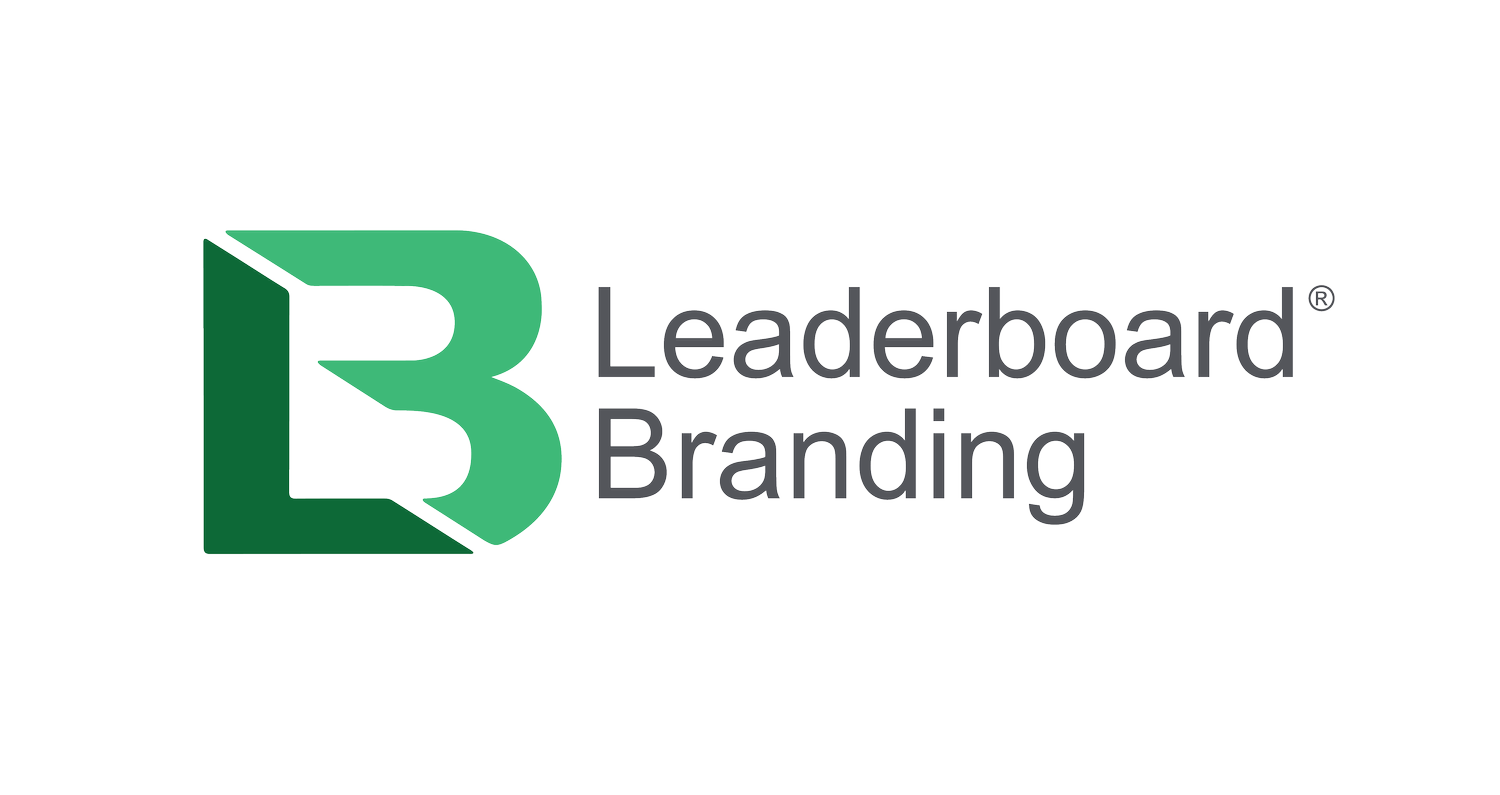In Defense Of Longer Brand Names
In branding, we are often influenced by the fundamental principle that shorter is always better. After all, a concise, punchy brand name is easy to spell and remember, right? Well, sure; but who says a longer name that challenges these rules can’t be just as memorable and effective? Enter the age of longer, more complex brand names - those that reach 4 syllables or more. While it may surprise you, there are several lasting benefits to steering off the beaten path and opting for a longer brand name.
REASON #1: It sets you apart from the rest. In a world of FedEx, Apple, Tesla, and other 1- and 2-syllable names, your brand is in its own unique category. Choosing a longer name can create an advantage to your overall brand strategy by giving the space needed to share your story and authentically convey your brand’s personality, values, and mission in more depth.
REASON #2: It lets others know that you are willing to take risks and push boundaries in a crowded marketplace. Take a name like Patagonia, for example. Five syllables, nine letters, and not necessarily the quickest to say and spell. Despite these facts, Patagonia is one of the most successful and memorable outdoor brands. One might think a name that has to fit on a variety of different merchandise should be much more concise, but Patagonia leverages their longer name by pairing it with the infamous mountain range as their primary logo.
REASON #3: Longer names can provide a greater sense of flow and lyricality than one or two syllables, and just like a catchy song, this can lead to greater consumer memorability.
Companies like Panasonic, Motorola, and Airbnb are great examples of how a longer brand name can offer a richer canvas for brand storytelling and recognition. Originally “Matsushita Electric Industrial Co,” Panasonic changed its name to something that effectively communicates a broader scope of products and services, ultimately enhancing its recognition and loyalty. Motorola, formed by combining the words “motorcar” from the idea of a car radio and “ola” which implies sound, provides a unique opportunity for storytelling. Airbnb was derived from “Air Bed & Breakfast” and despite the actual name being a bit of a 4-syllable mouthful, its distinctive format provides a catchy way of capturing the company’s services and target audience: people looking for a quick and easy place to stay.
So on your next naming journey, don’t be afraid to go against the traditional norms of branding. Instead, embrace the immense opportunity that lies within differentiation - it might just take your brand to new heights.
To learn more about our naming and branding services, visit our naming services page. To speak with one of our naming and branding experts for more insights, contact us.


